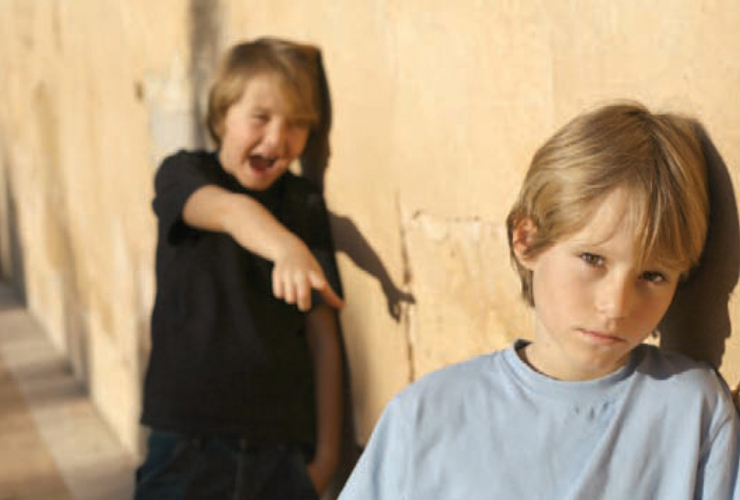
The links among academic outcomes and bullying, psychological distress and school violence have been further strengthened by a study released in January 2008.*
Researchers at the University of Washington found that the odds of being a bully victim (versus a bystander) were ten percent lower for every one point increase in grade-point average. The significance of this is profound to Missouri students, and to us as education administrators who craft policies that promote student achievement.
If we are to help our students to reach their full potential, we must be advocates for a school culture of positive behavior and empathy for others. Aggression and bullying run counter to this. They support a climate of fear and disrespect that can negatively impact learning.
Moreover, school-based aggression can have effects that are traumatic and long lasting for both perpetrators and victims alike.
The call to action for Missouri education leadership is clear and undeniable: improving culture in our schools has real academic benefits, both short- and long-term. We can put practices in place that influence student behavior and boost outcomes. We can also encourage development of protective factors that indeed boost social and academic competence.

